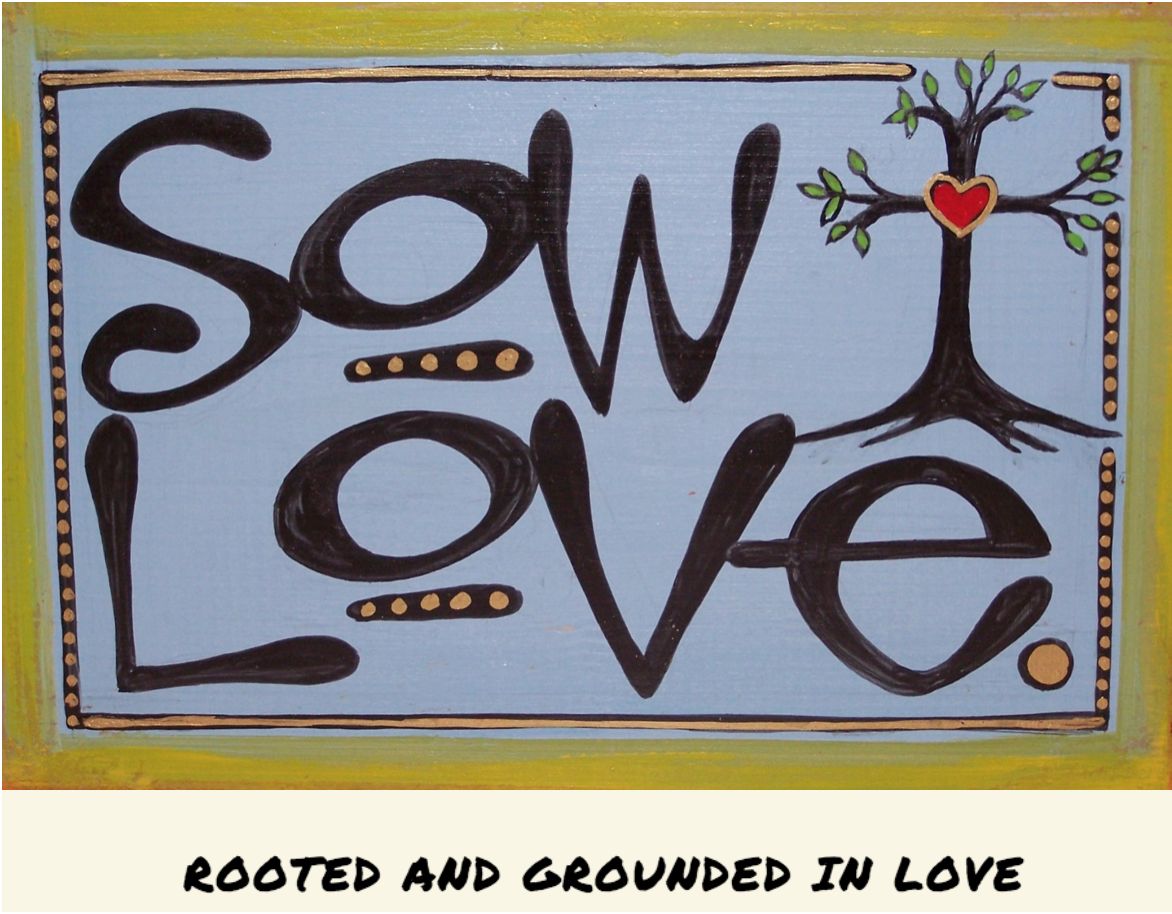Imagine, Tim Keller says, you have a four-year old son. It’s five o’clock, and that son comes to ask you if he can play outside. “Sure, honey,” you say, “but stay in the back yard because we are going to have dinner at five-thirty.” Easy enough.
Imagine, then, you have a twenty-year old son away at college. It’s five o’clock, and your cell phone rings. “Hey dad. There are some kids out on the quad throwing the Frisbee. Can I go outside and play?”
As Keller says, your reaction might be something along the lines of, “What is your problem???”
A silly example that illustrates a serious point: we raise our children to grow up and leave us, not to stay home and remain dependent on us forever. This is not as easy as it looks. In my pride, I am full of ideas about what my children need, and what they should do, and what would be best for them, but the fact is I don’t always know what is best for them. The boundaries were so much easier when they were little, when so much of our energy was wrapped up in teaching nutrition, safety, and consideration for others. Now that we have taught those skills and our teens are (reasonably) proficient with them, what next? The time has come for them to learn to govern themselves, and it is very humbling to think mama might not always know best.
Think back to long ago, when we took off the training wheels. For awhile we ran along, steadying the bike, giving guidance and encouragement. We bandaged the scrapes and put the kid back on the bike. We never for a minute thought we could ride the bike for him, did we? God forbid we would presume to choose a college, a career, or a spouse for our kids. They must have practice making minor choices and suffering consequences before they leave home and start making the really big decisions.
This fall at conference I heard a speaker say something that helps clarify my role as a parent of almost-adults: “While we help our kids with their burdens,” he said, “We don’t attempt to take over their responsibilities.” I immediately thought of this passage in Galatians:
Brethren, if any man is overtaken in any trespass, you who are spiritual restore any such a one in the spirit of gentleness, considering yourself lest you also be tempted. Bear one another’s burdens, and so fulfill the law of Christ… let each one examine his own work… for each one will bear his own load. (6:1-5)
As our kids become adults, we lay aside many aspects of parenting and take up the role of spiritual sibling to our child. Ultimately, I am my sons’ (older) sister in Christ; being a good one is my “own work.” So I begin to differentiate between their burdens and their responsibilities, and fulfill my biblical role as I would for any other brother or sister in Christ. I will likely never love anyone as much as I love my children, not this side of heaven, anyway. But the principle remains the same.
This is so hard. Right now I have one son deciding his major (one major? Two? Or a minor? Study abroad? Important choices) and another waiting to hear about college acceptances. As far as I can figure out, my jobs are to pray, to listen, and to point him to his Father. I don’t want to push either of them into what I think is best because quite frankly, he needs to learn to hear from God for himself. The consequences of his choices, the good and the not-so-good, need to fall on his shoulders, not mine. More than ever, at this stage of their lives, I need to humbly get out of the way of whatever God is doing and trust Him to parent my child:
We simply don’t believe that God is good enough to entrust with our children’s souls or that He’s wise enough to know what will make us ultimately happy and satisfied. We have far too high a view of our own ability to shape our children and far too low a view of God’s love and trustworthiness. - Elyse Fitzpatrick, Give Them Grace
My boys need to know that I trust God to lead and guide them. I want each son to know I am completely confident that he and God can do life together, and I will always be here if he needs me.

